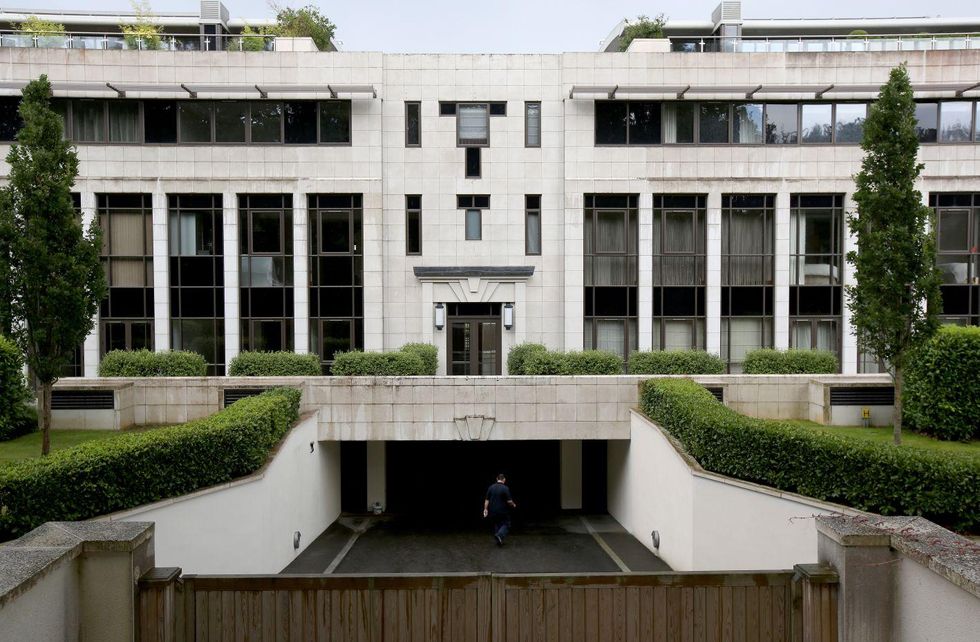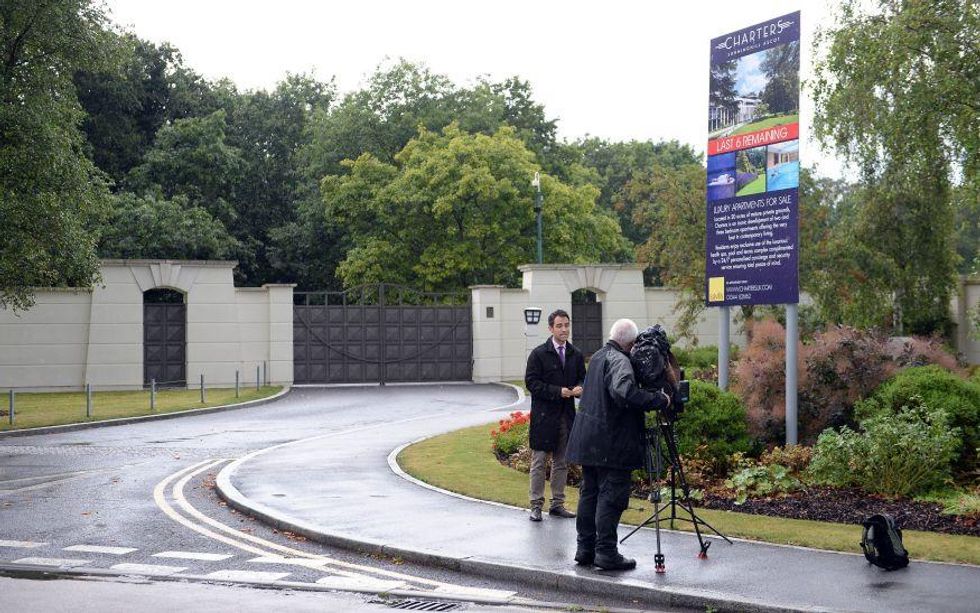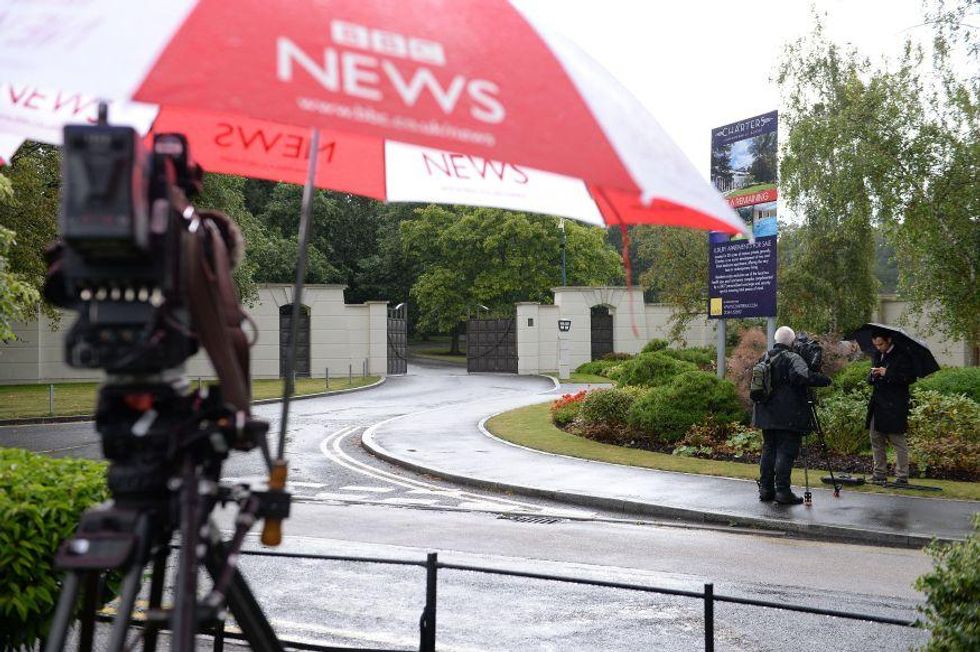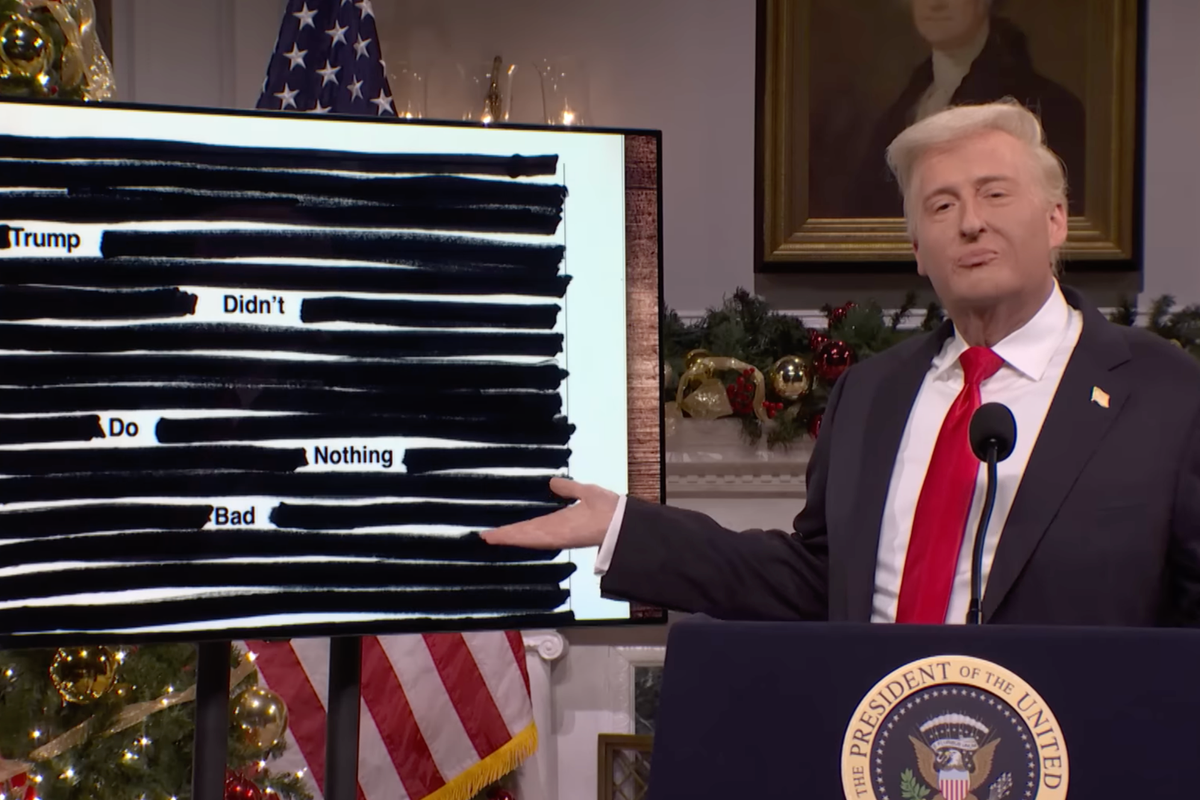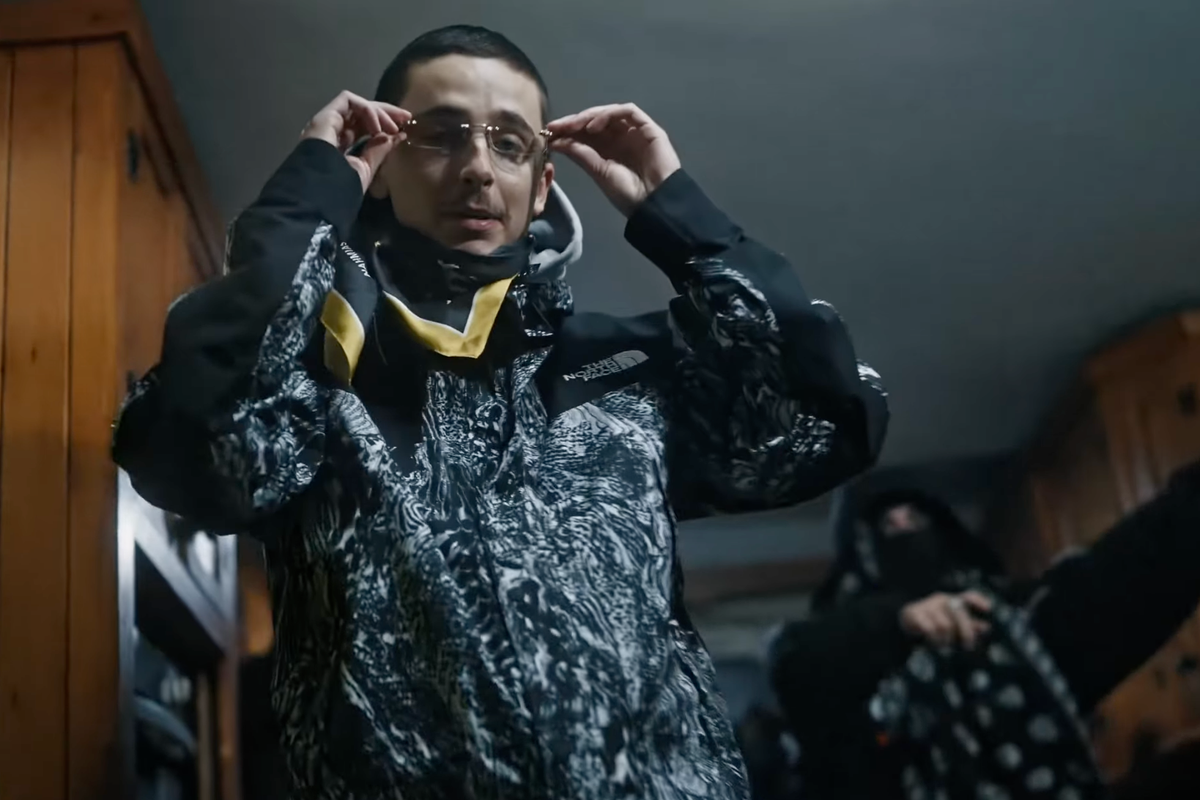News
Indy100 Staff
Aug 18, 2014

BBC criticism
Police officers have been warned they could face disciplinary action over their dealings with the BBC before the highly public, five-hour search of Sir Cliff Richard’s penthouse flat following an allegation of historic child abuse.
The corporation has come under fire from politicians, senior police and one of its most-popular former journalists, Sir Michael Parkinson, after it broke the story of the investigation into the 73-year-old singer, who is reportedly preparing to return from holiday in Portugal to face police questioning over the matter.
The College of Policing – which has drawn up an ethical code for officers – said South Yorkshire police and the BBC had to explain the circumstances of how the corporation was made aware of the search.
“If the information was an unauthorised disclosure from within policing then it would be contrary to the Code of Ethics and the person concerned should be held to account,” Chief Constable Alex Marshall, the college’s chief executive, said.
A BBC spokeswoman said: “The BBC agreed to follow normal journalistic practice and not to publish a story that might jeopardise a police inquiry.”
What police have said
On Saturday, South Yorkshire Police said in a statement that "at no point in this investigation" have they leaked information, adding: "This has been confirmed publicly by the BBC."
The force was contacted some weeks ago by a BBC reporter who made it clear he knew of the existence of an investigation. It was clear he [was] in a position to publish it.
The force was reluctant to cooperate but felt that to do otherwise would risk losing any potential evidence, so in the interests of the investigation it was agreed that the reporter would be notified of the date of the house search in return for delaying publication of any of the facts.
Contrary to media reports, this decision was not taken in order to maximise publicity, it was taken to preserve any potential evidence.
- South Yorkshire Police
Police said that during the search they had removed a "number of items" from Sir Cliff's property, adding: "since the search took place a number of people have contacted the police to provide information and we must acknowledge that the media played a part in that, for which we are grateful".
What happens now
Police are now making arrangements to interview Sir Cliff Richard following the search of his apartment.
What else has been reported
ITV news reports the historical sex offence is about Sir Cliff and relates to an alleged incident during a rally headlined by the American evangelical Christian Billy Graham at Sheffield United's Bramall Lane stadium in 1985.
Billy Graham attracted some 24,000 people to the first of eight nights of sermons by the preacher at the Sheffield football stadium, according to reports of the time. When he invited people to come forward to show a commitment to Jesus, 2,000 people walked on to the pitch. The pair have been friends for decades and Sir Cliff announced that he was Christian at a Billy Graham event in 1966.
Sir Cliff is reported to be in his holiday home in Portugal. Thames Valley Police confirmed in a statement to the Daily Mail that they had helped South Yorkshire Police "with the execution of a search warrant" at a property in Berkshire.
What we don't know
At this stage, we do not know when Sir Cliff plans to return home from holiday in Portugal for questioning.
Yewtree
South Yorkshire Police told i100 the allegation is not connected to Operation Yewtree because only one allegation is involved - Yewtree detectives deal with multiple allegations across more than one force area.
What Sir Cliff has said
In a statement released to the media, Sir Cliff said he had been aware of allegations of historic impropriety against him but they were "completely false".
For many months I have been aware of allegations against me of historic impropriety which have been circulated online.
The allegations are completely false. Up until now I have chosen not to dignify the allegations with a response, as it would just give them more oxygen.
However, the police attended my apartment in Berkshire today without notice, except it would appear to the press.
I am not presently in the UK but it goes without saying that I will co-operate fully should the police wish to speak to me.
Beyond stating that today's allegation is completely false it would not be appropriate to say anything further until the police investigation has concluded.
More to follow
Top 100
The Conversation (0)
